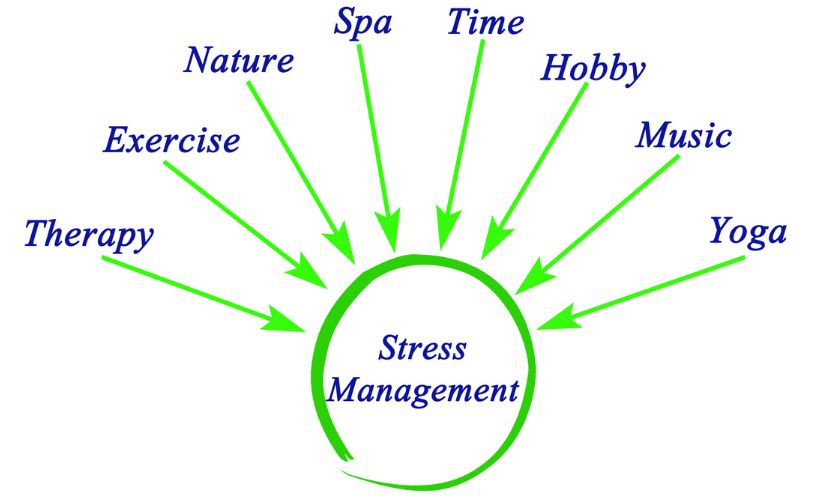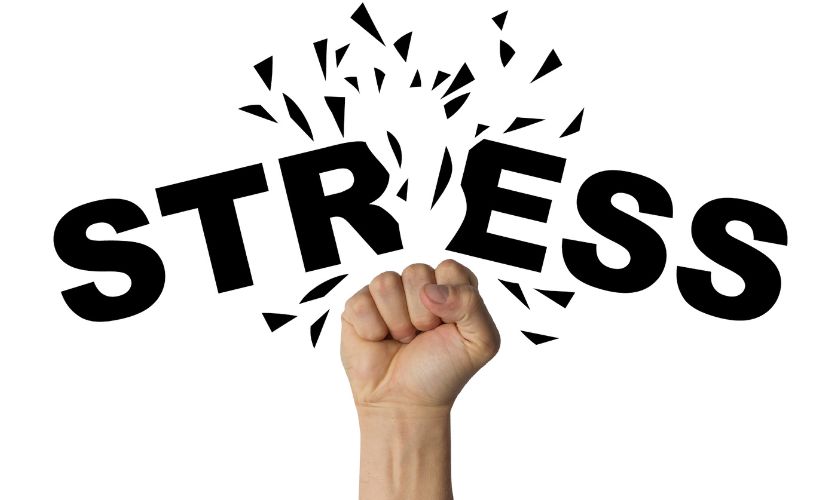Stress is an omnipresent aspect of modern life, and its impact on our physical and mental well-being cannot be underestimated. To maintain a healthy balance and ensure our overall health, it’s crucial to have effective stress management strategies in place. But with an abundance of advice and techniques available, it can be challenging to discern which activities truly contribute to effective stress management.
Contents
Activities That Promote Stress Management

Understanding the Importance of Stress Management
Before diving into specific stress management activities, it’s essential to understand why stress management is vital for our well-being. Stress, in moderation, can be a motivating force, but chronic or excessive stress can lead to a range of physical and mental health issues, including:
- Anxiety Disorders: Excessive stress can trigger or exacerbate anxiety disorders, such as generalized anxiety disorder (GAD) or panic disorder.
- Depression: Prolonged stress is a significant risk factor for depression and can worsen existing depressive symptoms.
- Cardiovascular Problems: Chronic stress is linked to high blood pressure and an increased risk of heart disease.
- Digestive Issues: Stress can disrupt the digestive process, leading to stomachaches, bloating, and irritable bowel syndrome (IBS).
- Weakened Immune System: Prolonged stress weakens the immune system, making you more susceptible to illnesses.
Exploring Stress Management Activities
Effective stress management involves a combination of physical, mental, and lifestyle strategies. Let’s explore a range of activities that are often recommended for stress management:

1. Exercise and Physical Activity
Regular physical activity, such as walking, jogging, swimming, or yoga, can reduce stress hormones and trigger the release of endorphins, which are natural mood lifters.
2. Mindfulness Meditation
Mindfulness meditation encourages individuals to stay present and fully engage with the moment. This practice can reduce stress by helping individuals let go of worries about the past and future.
3. Deep Breathing Exercises
Deep breathing exercises, like diaphragmatic breathing or the 4-7-8 technique, can activate the body’s relaxation response, reducing stress and anxiety.
4. Progressive Muscle Relaxation (PMR)
PMR involves systematically tensing and relaxing muscle groups to reduce physical tension, promoting relaxation and stress relief.
5. Yoga and Tai Chi
These mind-body practices combine physical postures, breathing exercises, and meditation to reduce stress and improve overall well-being.
6. Healthy Eating Habits
A balanced diet rich in fruits, vegetables, lean proteins, and whole grains can support stress management by providing essential nutrients and stabilizing blood sugar levels.
7. Quality Sleep
Adequate sleep is essential for stress management, as it helps the body recover and rejuvenate. Poor sleep can exacerbate stress.
8. Social Connection
Maintaining strong social connections and seeking support from friends and loved ones can provide emotional support and reduce feelings of isolation.
9. Time Management
Effective time management techniques can help individuals reduce stress by improving productivity and creating a sense of control over their schedules.
10. Setting Boundaries
Establishing clear boundaries in work and personal life can prevent burnout and reduce stress related to excessive demands and responsibilities.
11. Relaxation Techniques
Activities like reading, listening to music, taking warm baths, or practicing hobbies can promote relaxation and provide a break from stressors.
Evaluating Lists of Stress Management Activities
Now that we’ve explored various stress management activities, let’s evaluate two lists to determine which one best portrays activities that promote effective stress management.
List A:
- Exercise and Physical Activity
- Mindfulness Meditation
- Deep Breathing Exercises
- Progressive Muscle Relaxation (PMR)
- Yoga and Tai Chi
List B:
- Healthy Eating Habits
- Quality Sleep
- Social Connection
- Time Management
- Setting Boundaries
- Relaxation Techniques
Identifying the Best List
While both lists contain valuable stress management activities, List A focuses on activities that directly target the physiological and psychological aspects of stress. These activities are proven to reduce stress hormones, enhance relaxation, and improve emotional well-being. Therefore, List A best portrays activities that promote effective stress management.
The Synergy of Stress Management
It’s essential to recognize that effective stress management often involves a combination of activities from both lists. Physical activities like exercise and mindfulness meditation can work synergistically with lifestyle factors like healthy eating, quality sleep, and social connection to create a holistic approach to stress management.
Ultimately, the best stress management strategy is a personalized one. What works for one person may not work for another. It’s essential to explore and experiment with different activities to determine which combination best suits your unique needs and preferences.
Conclusion
Effective stress management is essential for maintaining overall well-being in the face of life’s challenges. While there are numerous stress management activities to choose from, it’s crucial to prioritize those that directly address the physiological and psychological aspects of stress. Activities like exercise, mindfulness meditation, deep breathing exercises, progressive muscle relaxation, and yoga are among the most effective for reducing stress and promoting relaxation.
However, stress management is not one-size-fits-all. The best approach involves a combination of activities that work synergistically to support your physical and mental health. By integrating various stress management techniques into your daily routine, you can build resilience and enhance your ability to cope with stress effectively. Remember that seeking guidance from a healthcare professional or counselor can provide valuable insights and personalized strategies for managing stress.






